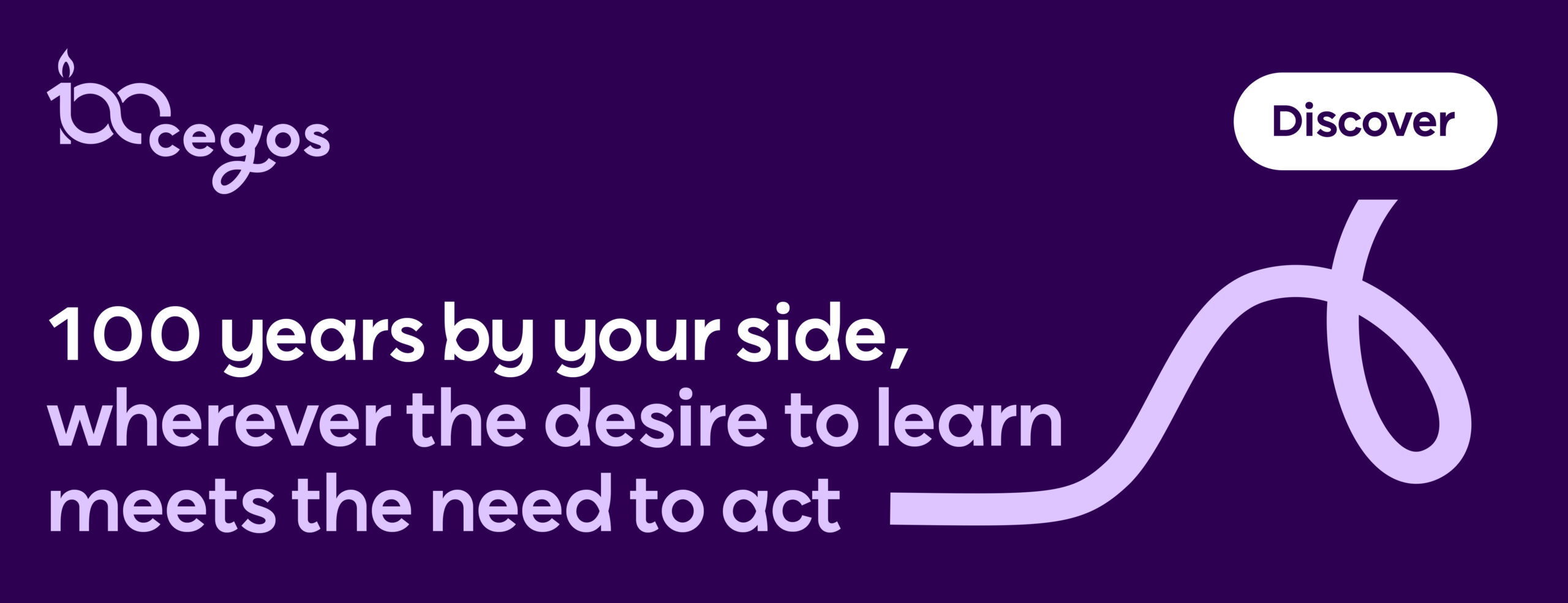Conflicts are an inherent aspect of a team's life. Faced with conflict, managers often feel helpless, allowing the situation to deteriorate and thereby causing a loss of effectiveness within their team.
This training enables them to confront these difficult situations while preserving relationships.
During this conflict management training, the following topics will be addressed:
- Interpersonal conflict.
- Conflict within the team.
Beyond techniques, this training equips managers with the ability to regulate and turn conflict into a real opportunity for individual and collective progress.
Before
Digital learning activities to prepare yourself for the training and its implementation:
- Defining your training objectives
- Conducting a self-assessment of your skills
During - Group Session
1 - Differentiating between problems, tensions, crises, and conflicts- Define conflict and identify its sources
- Should managers always avoid conflicts?
- Understand the main causes and triggers of conflicts
In practice: Reflect on your own situations, successes, and failures
2 - Adopting effective behaviours to resolve conflicts- Identifying stakeholders' strategies: differentiating between constraint and power
- Identifying and using your leeway to manage conflict
- Adopting an open attitude to rebuild trust
- Dealing with conflict: in-person, remotely, teleworking
In practice: Practicing how to gauge and address the intensity of conflict
3 - Taking responsibility in the face of conflict- Becoming aware of what in your managerial behaviour can lead to conflict
- Taking a step back to acknowledge your own mistakes and manage your emotions
In practice: Develop an action plan in pairs - my strengths, my personal obstacles when dealing with conflict, and the gaps and challenges to be overcome
4 - Using mediation or arbitration to resolve conflicts- Regulate using the 'DESC' tool to prevent escalation
- Establishing a regulatory process
- Employing arbitration to address urgent or deadlock situations
In practice: Analyse of conflict situations and solutions among peers using the co-development approach
After
Digital learning activities to facilitate the implementation of your learning in the workplace:
- Ready-to-use tools
- Micro-practicing programme by email
Assessment
An online questionnaire to assess your acquired skills
 Available languages
Available languages 

